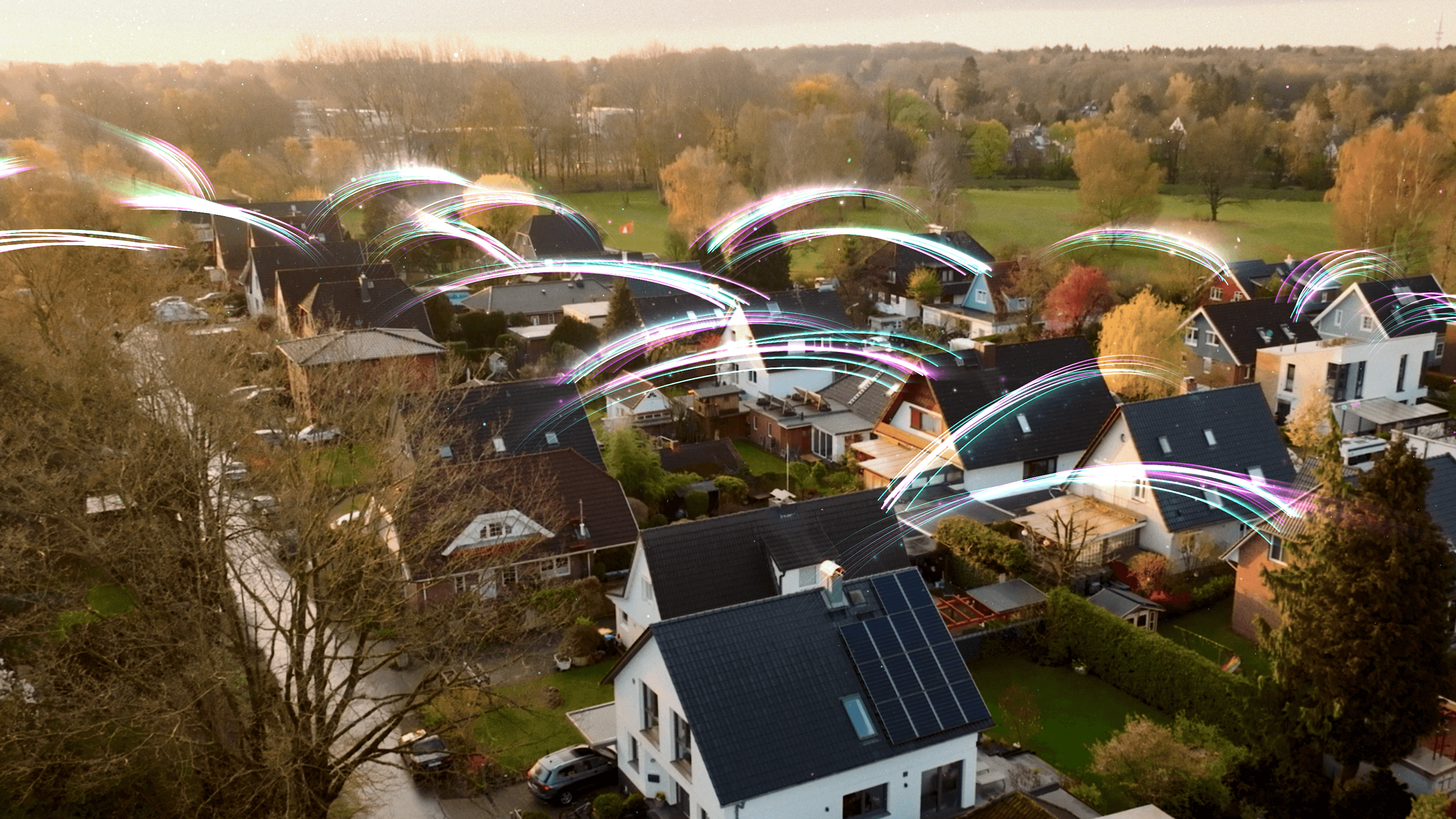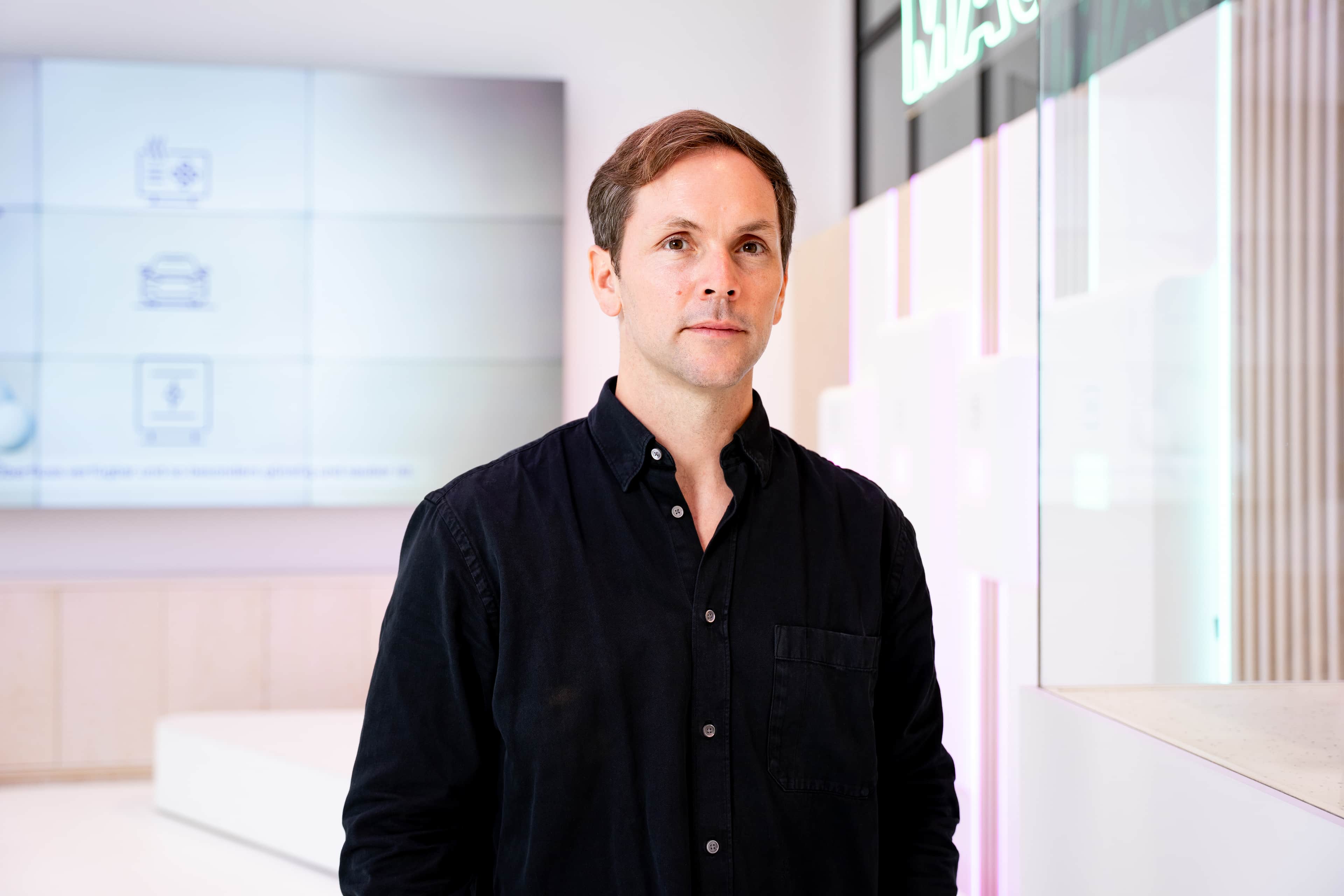

1KOMMA5° files complaint in Brussels: Power plant strategy breaches EU state aid law
German government’s plan to subsidize at least 20 GW of gas-fired power plants with billions in subsidies is incompatible with EU state aid law
Decentralized flexibility is more cost-effective and climate-friendly than gas-fired power plants: 1KOMMA5° files complaint with EU Commission and calls for fair competition and technological neutrality to ensure security of supply
Introduction of a capacity market would further push decentralized energy producers out of the market and put virtual power plants at a disadvantage
Expansion of renewables, demand-driven use of reserve capacities and utilization of existing decentralized flexibility are crucial; up to €255 billion in macroeconomic added value by 2045 – without subsidies
Hamburg, Germany – October 21, 2025 – 1KOMMA5° has officially filed a complaint with the European Commission against the German government's planned power plant strategy. The reason: the plans to expand fossil gas power plants by at least 20 GW by 2030 distort competition and unnecessarily drive up the costs of the energy transition. The complaint targets the proposed subsidies, which the EU must approve under state aid law. The German government has repeatedly commented on its plans over the past months.
Subsidies for gas-fired power plants are unnecessary and inappropriate
According to the government's plan, gas-fired power plants will be subsidized in two stages: first, during construction via tenders and second, during operation via a central capacity market – even when not in use. According to the government, this is justified by concerns over the security of supply.
However, under state aid law, subsidizing new gas-fired power plants would only be allowed if there are no distortions to competition and the measures are technology-neutral, necessary and proportionate, i.e. if no better, subsidy-free instrument exists. 1KOMMA5° considers the power plant strategy not to meet the conditions of the state aid framework and has explained this to the Commission. With its complaint, the company officially intervenes in the ongoing state aid proceedings and positions itself as an ‘interested party’, according to EU law.
Philipp Schröder, CEO and Co-Founder of 1KOMMA5°, says: "The planned gas-fired power plants are intended to operate when solar and wind power are insufficient. Decentralized systems, like virtual power plants, can do precisely this. In the event of supply shortages, they reduce the electricity consumption by shifting it to different moments or by providing additional electricity from private batteries and electric cars when needed."

Philipp Schröder, CEO and Co-Founder / Photo: 1KOMMA5°
1KOMMA5° considers the planned subsidies a market intervention that distorts competition in the energy market. Schröder adds: "We need technology-neutral competition between centralized and decentralized power plants in which generators and flexibility solutions are treated equally and promoted on the same terms. The goal should be to ensure the best solutions for the lowest electricity prices and the most secure electricity system through more competition."
Demand: Establish security of supply on the market with technology neutrality
Both the tenders and the capacity market discussed would systematically and disproportionately discriminate against more cost-effective alternatives. Under these proposals, producers would not be remunerated based on their generated electricity, but simply based on the capacity they provide. Decentralized flexibility, which exhibits a more dynamic capacity, would thus be further pushed out of the market - and the price of electricity will continue to rise for consumers through additional levies.
1KOMMA5° calls for fair competition and technology neutrality to ensure equal treatment of all market participants. Security of supply can rather be maintained through alternative mechanisms such as a mandatory hedging obligation – requiring energy market actors to secure their anticipated demand ahead of time and thereby guarantee a certain level of availability of supply. The hedging obligation is technology-neutral and a reliable, market-based solution for decentralized security of supply, from large gas-fired power plants to residential battery storage – without subsidies, market distortion and additional levies for consumers. EU state aid approval is not required, and the solution could be introduced immediately.
The Federal Government's plans are one-sided and unnecessarily harmful to virtual power plants. This jeopardizes jobs and the innovative strength of numerous energy service providers, cleantech companies and startups.
Philipp Schröder comments: "The power plant strategy should not unilaterally reinforce old structures, but should prioritise the most economical and climate-friendly solutions. A fair market will directly benefit consumers by reducing electricity prices. The planned combination of subsidies for new gas-fired power plants on the one hand and payments through the capacity market on the other is, in our view, an unacceptable intervention that will burden consumers with much higher costs. It also threatens billions of euros in investments from Europe's leading energy service providers and cleantech companies, as well as installers and startups."
€255 billion in macroeconomic value through decentralized flexibility by 2045
Decentralized solutions are a core pillar of today's and tomorrow's energy system. A recently published study by Roland Berger on behalf of the New Energy Alliance confirms this. It estimates the total economic added value of decentralized solutions by 2045 at around €255 billion – without additional subsidies.
1KOMMA5° currently aggregates more than 600 MW of flexibility capacity, making it one of Europe's largest virtual power plants for residential customers. By 2030, the company aims to control a total of 20 GW of capacity, thereby bundling a capacity equivalent to that of the newly planned gas-fired power plants.
For further images visit 1k5.link/press-kit.
About 1KOMMA5°
1KOMMA5° is all about CO2-neutral energy, heat and mobility. Founded in Hamburg, Germany, in 2021, the energy company operates around 80 locations in 7 markets worldwide, serving as the one-stop shop for intelligent, integrated energy solutions such as photovoltaics, energy storage systems, heat pumps, air conditioning and EV chargers. Its core technology is the energy management software Heartbeat AI; it currently optimizes more than 50,000 systems, creating Europe's largest virtual power plant that connects customers with the energy market and controls electricity generation and sales in time with the wind and sun. 1KOMMA5° has already installed over 300,000 decentralized, controllable energy systems. By 2030, the company aims to convert more than 1.5 million buildings to a climate-friendly energy supply, thus contributing to achieving the Paris climate targets. 1KOMMA5° is one of the fastest and most profitable growing start-ups in Europe.
